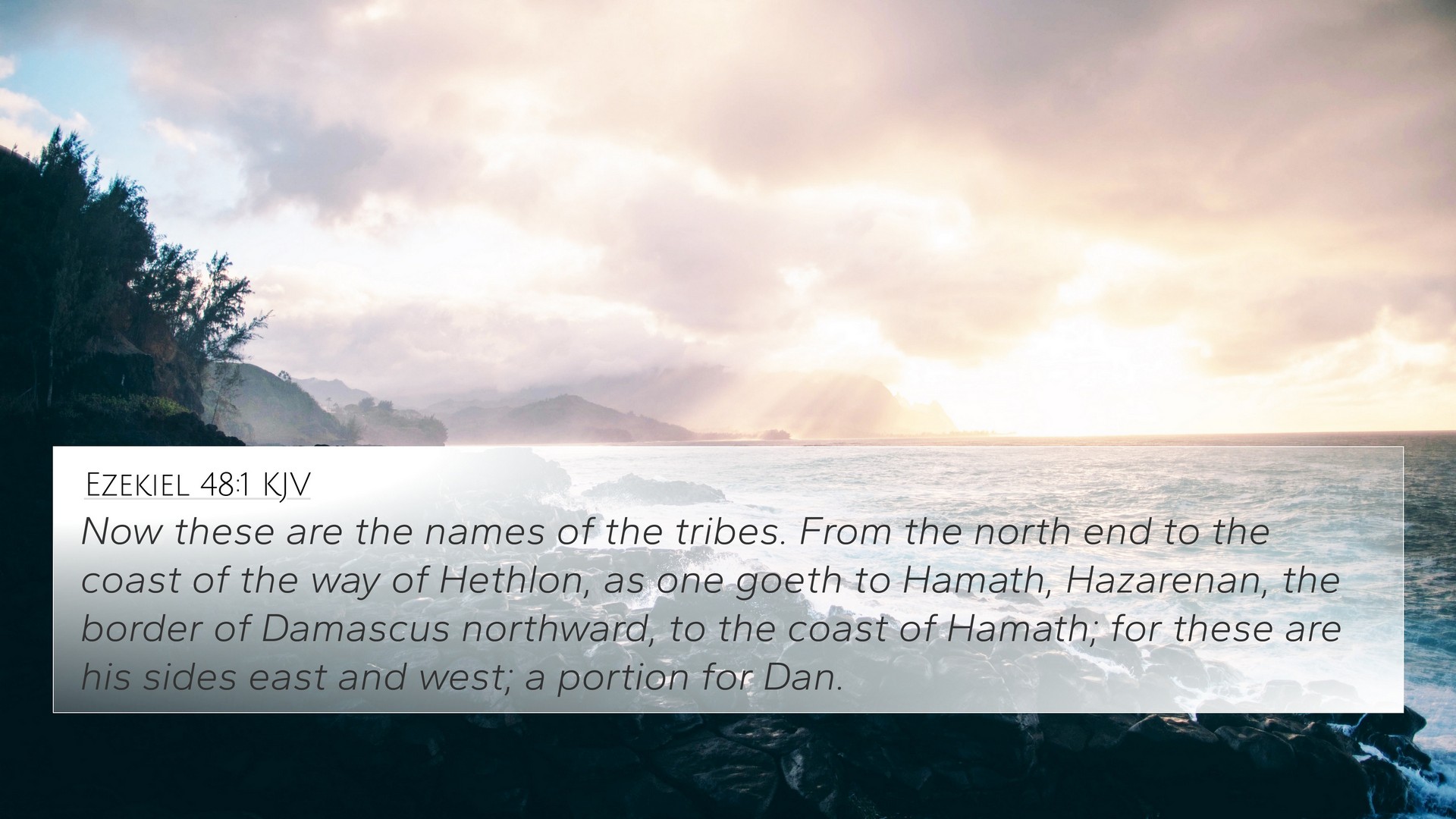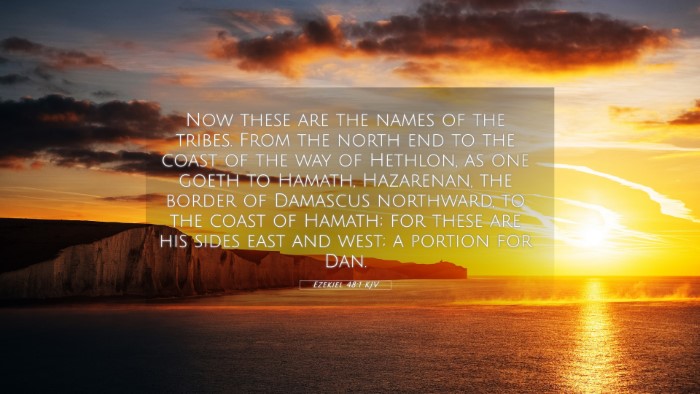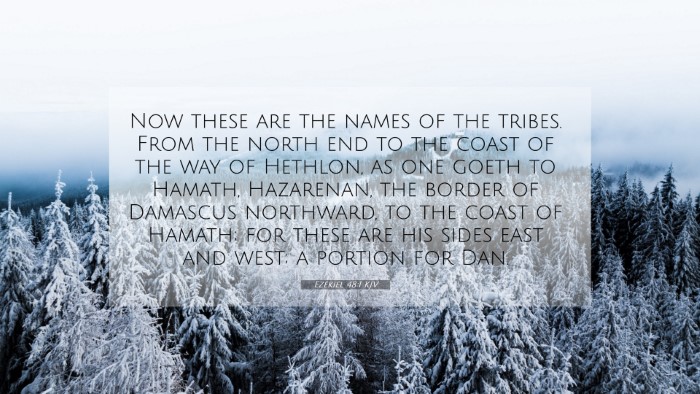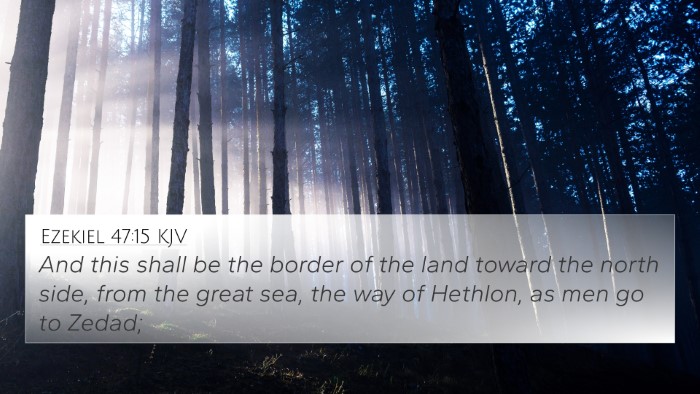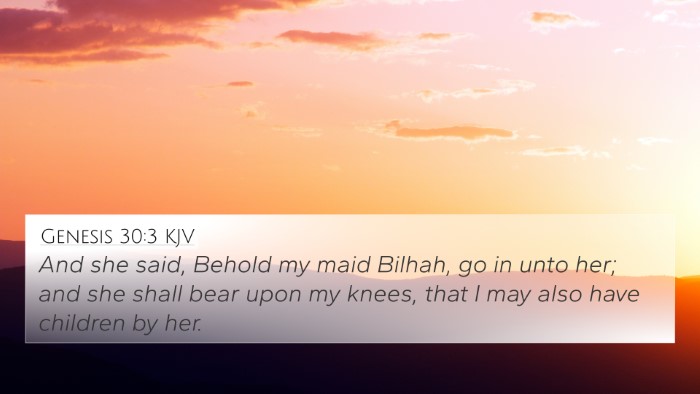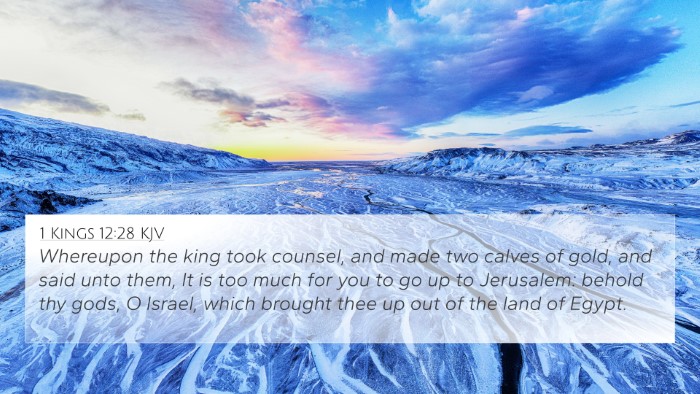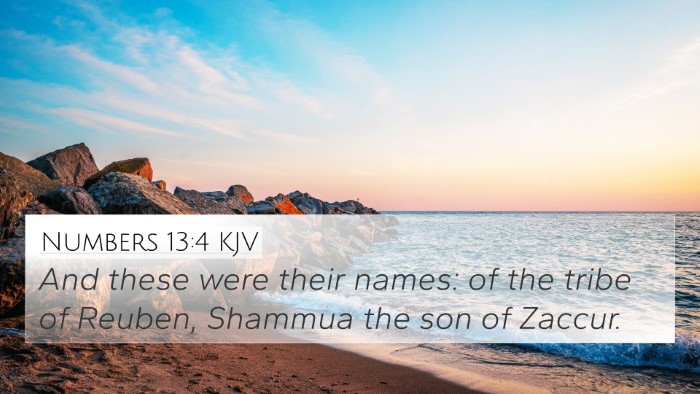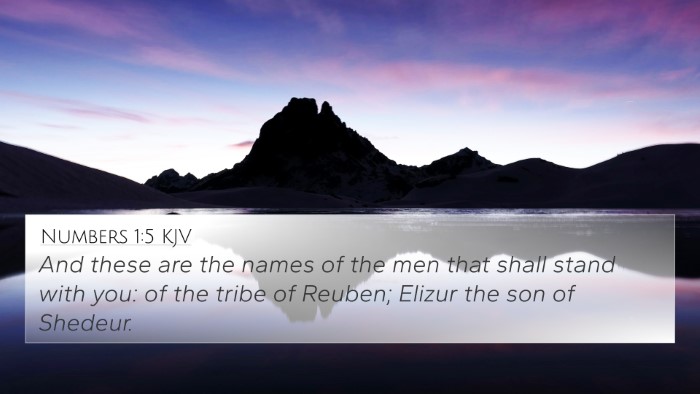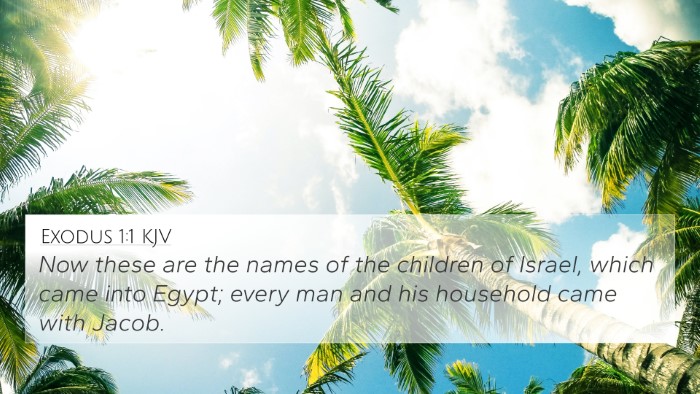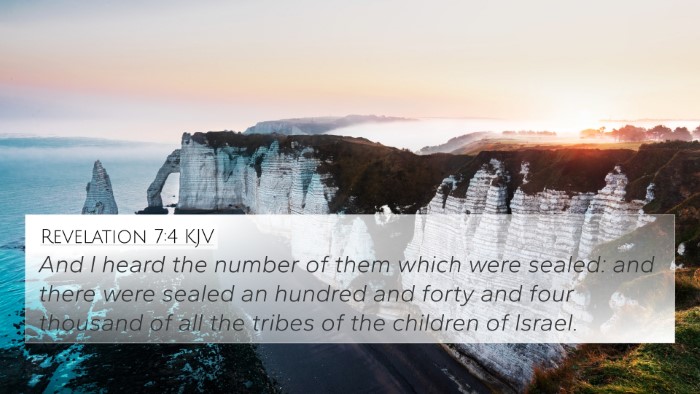Ezekiel 48:1 - Meaning and Interpretation
Ezekiel 48:1 states, "Now these are the names of the tribes from the north end to the south, the border of Dan to the coast." This verse marks the conclusion of Ezekiel’s vision concerning the restoration of Israel and the division of the land among the tribes. Through this text, the Lord specifies how He will allocate the territory, which plays a crucial role in understanding the historical and prophetic significance of the land in Israel's future.
Commentary Insights
- Matthew Henry: Henry emphasizes how this allocation signifies God's promise to His people, reflecting the faithfulness of God to His covenant with Israel. He points out the importance of tribal names, representing the distinct identities of the tribes as well as their specific inheritances within the restored land.
- Albert Barnes: Barnes highlights the historical context, noting how these tribes were often defined by their geographical positions. He argues that this delineation is not merely for order but also serves as a reminder of God’s sovereignty and His continuous guidance over His chosen people.
- Adam Clarke: Clarke focuses on the symbolism present in this distribution, suggesting that each tribe embodies God's grace and mercy. He identifies these names as more than just geographical references; they are deeply laden with spiritual significance and lessons for Israel's faith journey.
Key Themes and Connections
The thematic connection in Ezekiel 48:1 can be linked to several other Biblical passages that discuss God’s promises, the restoration of Israel, and the importance of land as an inheritance.
- Cross-References:
- Joshua 13:7-8 - Discusses territorial inheritance as promised to the tribes of Israel.
- Jeremiah 32:41-44 - God’s promise of restoration and a future for Israel.
- Ezekiel 37:21-23 - The restoration of the nation of Israel and God's covenant with His people.
- Revelation 21:12 - Symbolizes the New Jerusalem, acknowledging the tribes' significance in the fulfillment of God’s purpose.
- Isaiah 54:3 - Speaks of Israel’s expansion and the blessings that come from faithfulness to God.
- Numbers 34:1-13 - Instructions concerning the borders of the Promised Land.
- Exodus 23:30 - God outlines how He will give Israel their land incrementally.
- Psalms 37:29 - The righteous shall inherit the land, tying into the theme of territorial promises.
- Micah 4:8 - Prophetic vision of the latter day glory and the importance of Zion.
Understanding Cross-References
Cross-references play an important role in biblical studies by illustrating the connections between various scriptures. They allow readers to discover cohesive themes and messages throughout the Bible, enhancing understanding and interpretation.
Utilizing a Bible concordance or a cross-reference Bible study can greatly help in identifying relationships between the Old and New Testaments, as well as illustrating overlaps in the teachings of prophets and apostles.
Practical Application of Cross-Referencing
Understanding the inter-Biblical dialogue provides depth in our study:
- How to Use Cross-References: Follow the thematic links and explore verses that complement or narrate similar events. This approach can be beneficial for sermon preparation and personal study.
- Comparative Bible Verse Analysis: Exploring similarities between verses such as Ezekiel 48:1 and those concerning inheritances can unveil deep theological insights.
- Identifying Connections: Look for motifs within the text that recur in different contexts, such as the significance of land, identity, and divine promises.
Conclusion
In conclusion, Ezekiel 48:1 is not just a geographical reference but a profound reminder of God’s plans for His people. Through careful study of its connections to other scriptures, we gain insight into the ongoing narrative of divine promise and fulfillment. Cross-referencing enables a fuller understanding of the Bible’s message, encouraging deeper exploration and discovery of God’s word.
